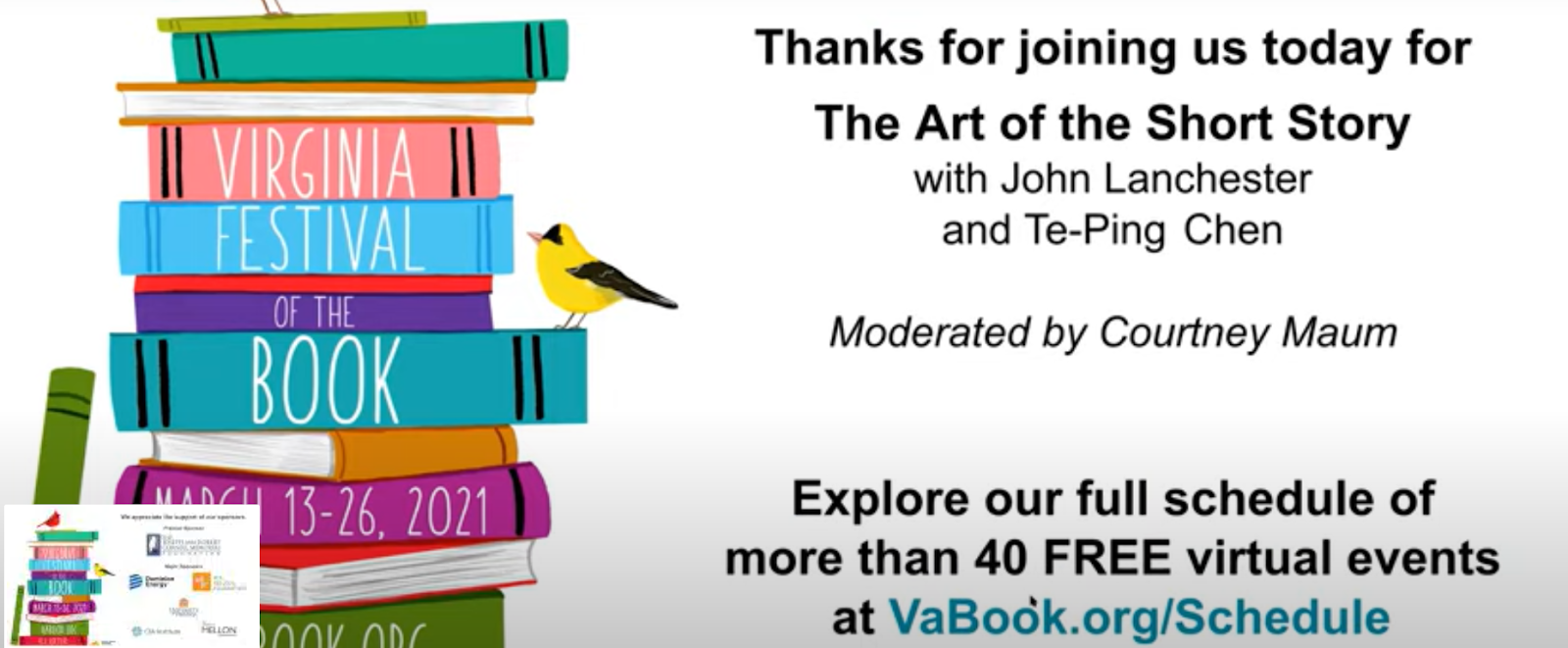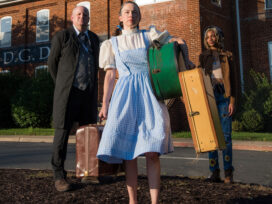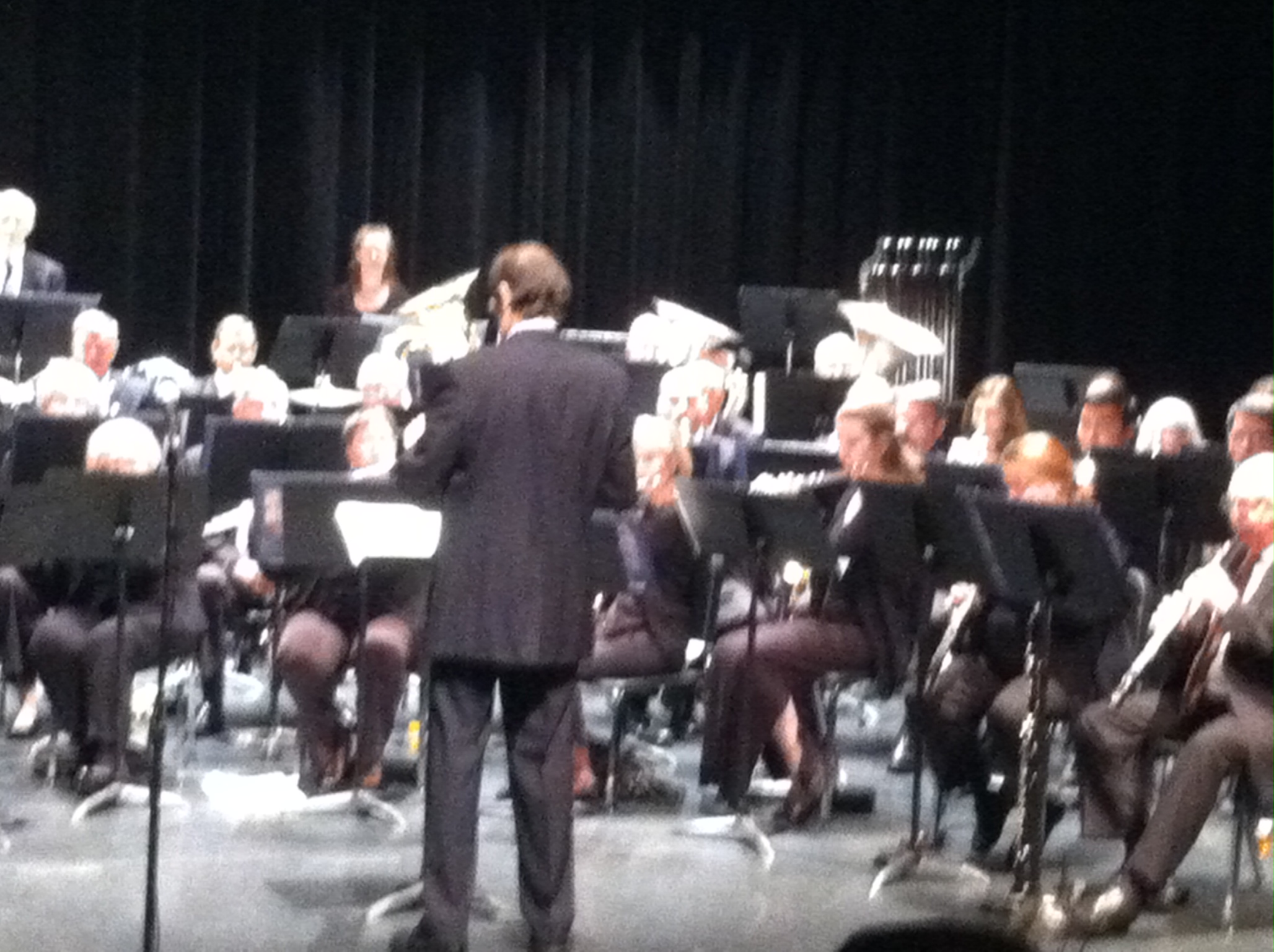
Speaking Truth Through Fiction
Every March, people flock to Virginia for the Festival of the Book: a two week event that Publishers, authors, and editors all come together for to talk about the importance and impact of literature. Moderated by Courtney Maum, author and writing coach, The Art of the Short Story was presented by the festival this past weekend on March 22. Focusing on fiction, the guest speakers were two published authors whose material covers a range of subjects from cultural diversity to the effect of modern technology on our lives. One of the main points of this talk was that art, and literature in particular, helps us come together as people and bridges basic understanding.
Te-Ping Chen, the author of Land of Big Numbers, was the first to read a sample from her short story collection. She spoke at length about using real-life as her inspiration for fiction and grounding her work in things she knows. She also brought up the discussion of cutting work down and getting to the grit of a story, and how sometimes the inspiration can be entirely different than the finished product. This echoed a similar point made by Maum, that although sometimes unfortunate, authors have to focus on what their readers will find interesting and meaningful.
Chen said, “What had led me to the story originally which was just really my feeling of fascination … As soon as I read through again it was very clear, this has nothing to do with the story.”
Interestingly, the second guest, John Lanchester, had similar points of issue when writing, even with the dramatically different subject matter. The author of Reality and Other Stories, Lanchester puts emphasis on the idea of “presence without presence” and the thought that everything is somehow connected. Providing his example of how someone noticed all his work includes technology without him himself noticing. The idea being that themes and relations are drawn between things in literature and life without even trying. Lanchester spoke about the difficulty of re-reading and sometimes finding those inconsistencies that clash with the story he was trying to tell.
Both authors ended up coming to relatively the same point: literature can aid understanding. And although a lot of thought has to be put into what is interesting for the targeted readers and what material will illustrate a point, creative and fictional writing is more than just a hobby.
Maum, the day’s moderator captured the sentiment of the panel perfectly “The power of art and literature is to connect people and to allow people to get to know others that they might not meet, and understand cultures they might not get a chance to know intimately.”






